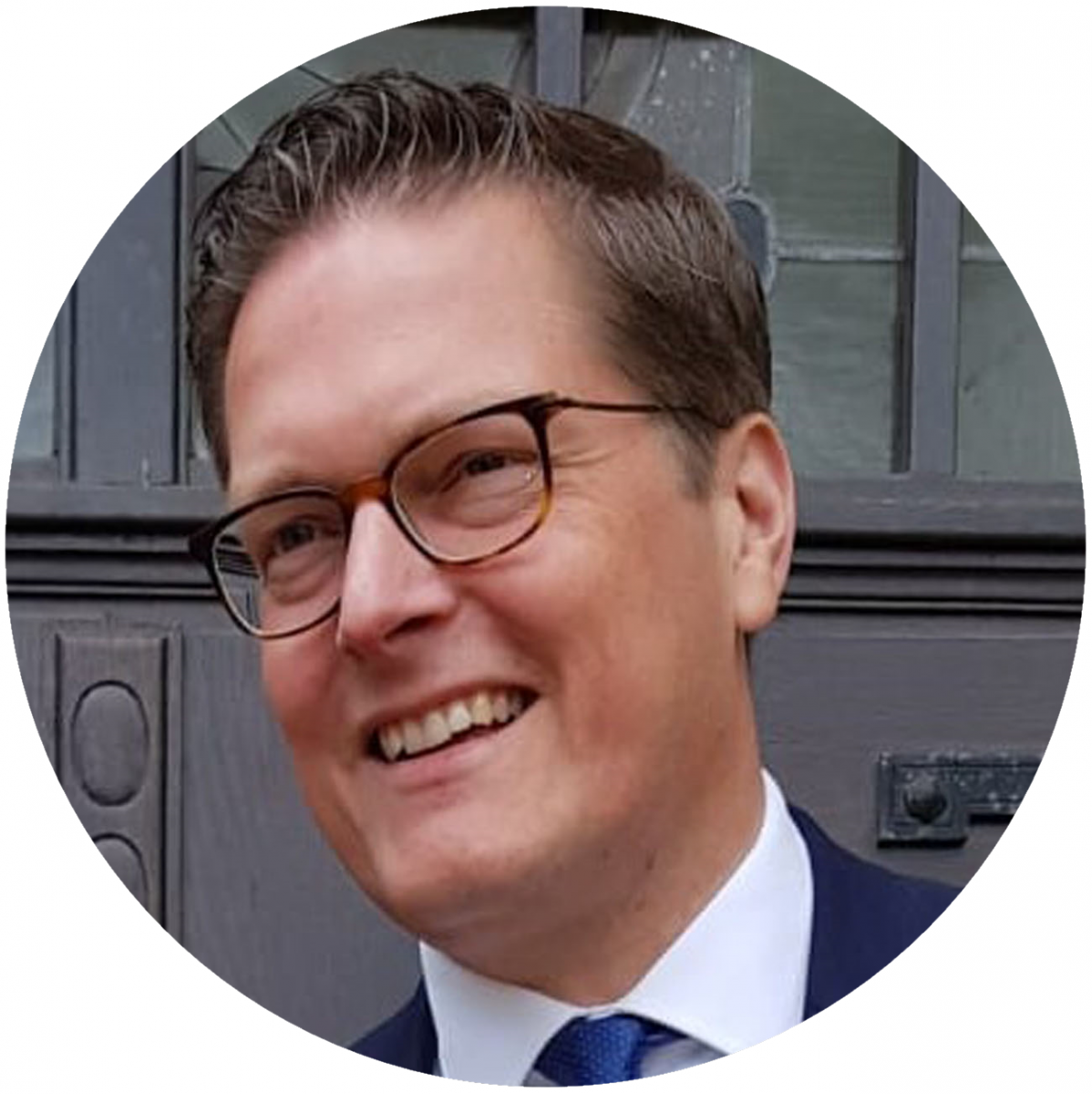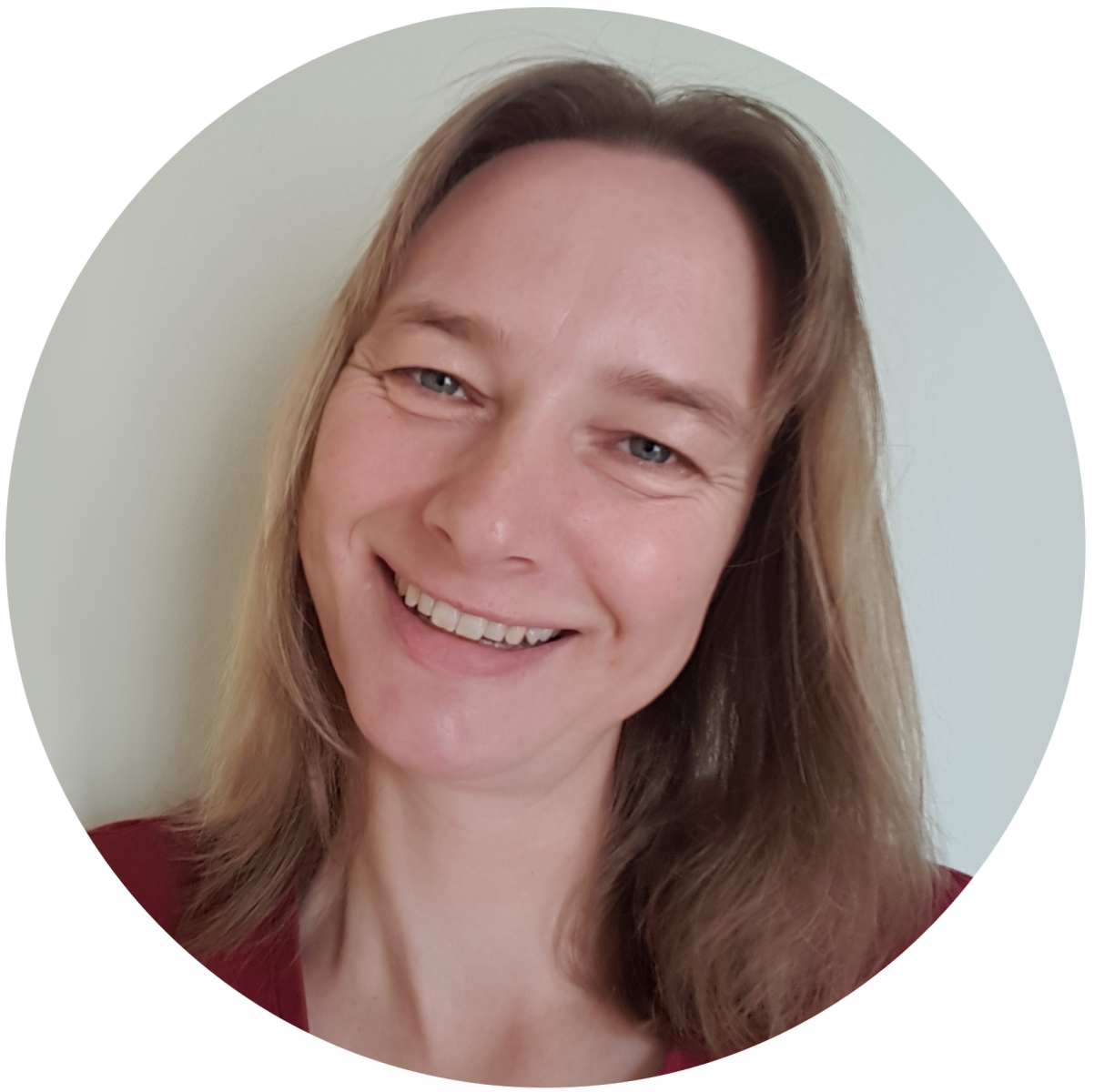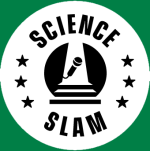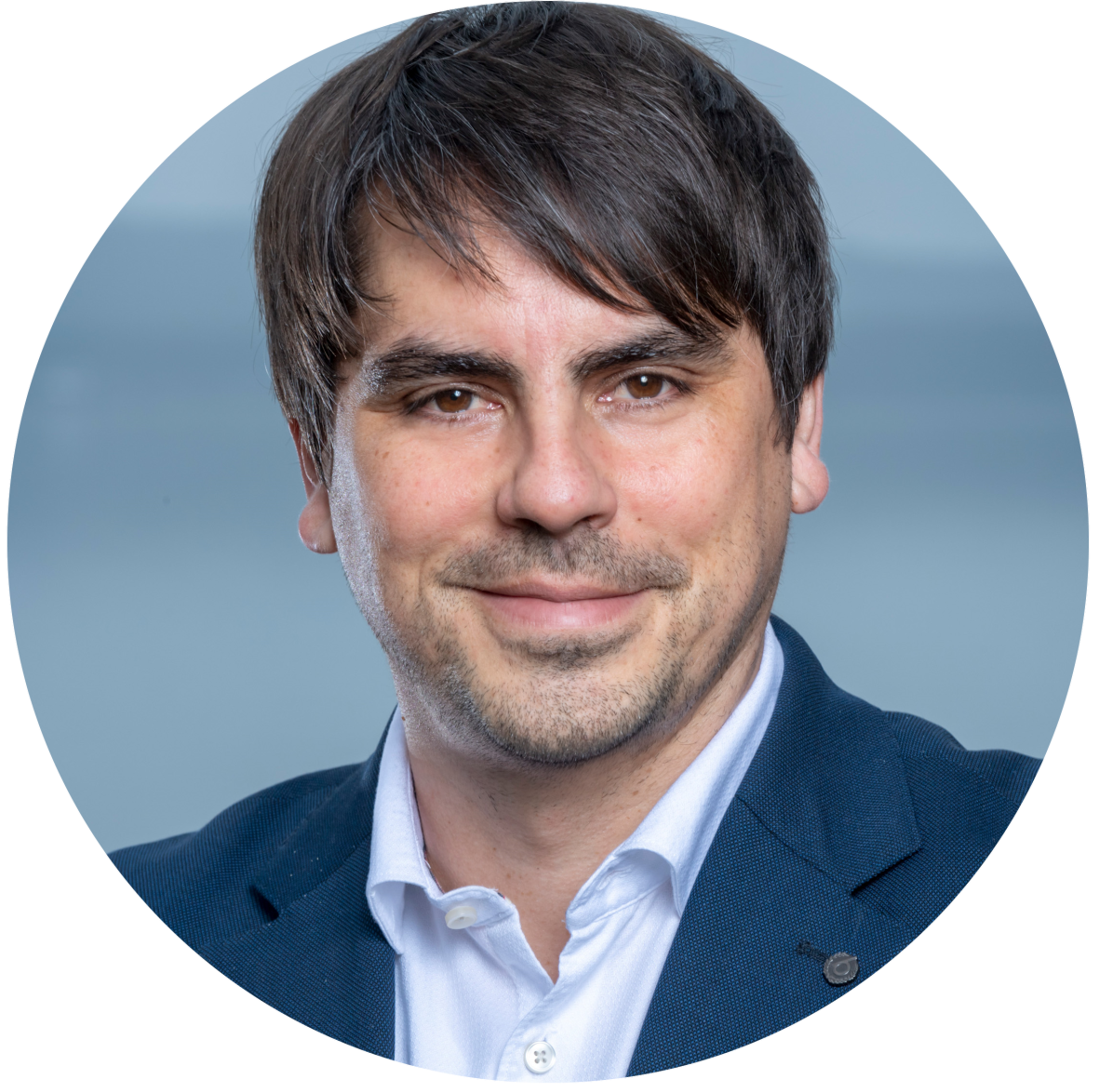Home |
Program |
Registration |
Arrival & Accomodation |
Program outlook
All time details are tbd and will be refined. A detailed program will be prepared after review of all submissions and will be available in September. Please scroll down to see more information about the keynotes and other program highlights.
9 Nov, 2022 - Stakeholderaustausch (Event language German)
|
10 Nov, 2022 – Scientific exchange (Event language English)
|
||
|
|
10:00 Begrüßung und Überblick über die deutsche Küstenforschung 11:00 Naturbasierte Küstenanpassung:
Keynote Torsten Schlurmann & Pitches aktueller Ergebnisse und Forschungsideen
12:00 Mittagspause 13:00 Nachhaltige Fischerei:
Keynote Robert Arlinghaus & Pitches aktueller Ergebnisse und Forschungsideen
14:00 Postersession & Kaffeepause 16:00 Multiple Stressoren:
Keynote Britta Knefelkamp & Pitches aktueller Ergebnisse und Forschungsideen
17:00 Pause 19:00 Science Slam & Dinner |
Morning:
Afternoon:
|
|
11 Nov, 2022 – Scientific exchange (Event language English)
|
|||
|
|
Morning:
Afternoon:
|
|
Keynotes
Keynote Nature based coastal adaptation Prof. Dr. Torsten SchlurmannProf. Torsten Schlurmann, Director of the Ludwig Franzius Institute for Hydraulic, Estuarine and Coastal Engineering at the Leibniz University Hannover and Head of the Coastal Research Center follows the question of how the services of nature can be better taken into account in the design of coastal protection strategies and, above all, quantified in the dimensioning of measures. He dedicates his research to the development as well as the functional and impact proofs of Nature-based Solutions (NbS) in coastal protection as well as the effects and impacts of the consequences of climate change on coasts and estuaries and their adaptation. More about Torsten Schlurmann and his work: https://www.lufi.uni-hannover.de/de/schlurmann/ |
 |
|
|
Keynote Sustainable fisheries Prof. Dr. Robert ArlinghausRobert Arlinghaus conducts research on solutions for sustainable fisheries management. The working philosophy is to narrow down problems together with stakeholders and to develop recommendations for the harmonization of use and protection on the basis of usually jointly developed findings. Current projects address fisheries management issues in the inner coastal waters of Mecklenburg Western Pomerania and in inland waters. He is a professor of integrative fisheries management at Humboldt University in Berlin and heads the Integrative Angler Fisheries Management Working Group at the Leibniz Institute of Freshwater Ecology and Inland Fisheries (IGB). More about Robert Arlinghaus and his work: https://www.ifishman.de/en Photo: IGB/Ausserhofer |
Keynote Multiple stressors Dr. Britta KnefelkampBritta Knefelkamp leads the Marine Nature Conservation Division at the Federal Agency for Nature Conservation (BfN). She is responsible, for example, for the management of protected areas in the exclusive economic zone (EEZ) of the German North Sea and Baltic Sea, protection and avoidance measures, and marine monitoring. The aim of her work at BfN is to support the protection of marine species and habitats, conserve and restore biodiversity in the North Sea and Baltic Sea. The basis for this are national laws, European directives and regional conventions, whose implementation BfN accompanies from the technical side or implements independently as the responsible nature conservation authority. To find compromises between protection and use of marine resources, measures are developed and tested for their effectiveness, protection and management plans are developed and coordinated. More information: https://www.bfn.de/en/topic/oceans |
 |
Science Slam

A highlight of the 3rd Coastal Symposium "Coast in Transition 2022" will be the Science Slam, which will be held on the first evening. Young scientists from the KüNO projects will present their research in an entertaining way and you may vote who is the best slammer. This exciting competition is organized in cooperation with Julia Offe, who has many years of experience in organizing science slams and has already conducted a workshop with the participants during the KüNO Spring School. Here we introduce the slammers:
|
|
Eileen HeßeEileen's PhD research focuses on the foraging ecology of harbor porpoises, harbor seals and grey seals and their role in the food web of the southern North Sea. Her work is part of the KüNO project BioWeb and takes place at the Institute for Terrestrial and Aquatic Wildlife Research (ITAW) at the University of Veterinary Medicine Hannover. |
|
Photo will follow soon |
Anne BrauerHow does the microbiome influence the success of seagrass meadow restoration? Anne wants to answer this question in her PhD thesis at the University of Greifswald. Her research is part of the KüNO project SeaStore. |
Sascha HokampSascha is PostDoc in the KüNO project MuSSeL and works on agent-based modeling of fisheries in the North Sea at the University of Hamburg. His research focuses on economy-environment-society interactions in the context of multiple stressors on demersal fish. |
Mareike TaphornMareike is a coastal engineer at the Ludwig-Franzius-Institute of the Leibniz-University Hannover in the KüNO project SeaStore. In her PhD she is researching methods to support the restoration of seagrass meadows in the Baltic Sea. |
Photo will follow soon |
Workshops
All registered participants of the Coastal Symposium will be invited to sign up for one of the parallel workshops in October.
Workshop 1) Stressor-Traits Relationship & Cumulative Effect Assessment (CEA), 10 Nov, 2022
This workshop is about how species traits are effected by multiple stressors and how trait relationships can be integrated into Cumulative Effect Assessment (CEA). After an introduction into CEAs, the participants will exchange about methodical approaches that are applied in coastal projects and current knowledge in the North Sea and the Baltic Sea.
This workshop is organized by Dr. Vanessa Stelzenmüller and Jennifer Rehren from the Thünen Instititute for Sea Fisheries and part of the KüNO Workshop Series ‘Species traits & food web analysis in the North and the Baltic Seas'. Workshop language is English.
Workshop 2) Missions and the Marine Research, 10 Nov, 2022
This workshop presents the missions approach to marine research and discusses how it is increasingly being applied in funding policy and in relation to the contribution of research to marine governance and coastal management. This workshop will provide information on current national and international mission initiatives and will be organized by Dr. Jan-Stefan Fritz (KDM e.V.). Workshop language is English.


